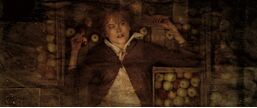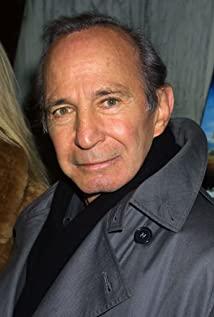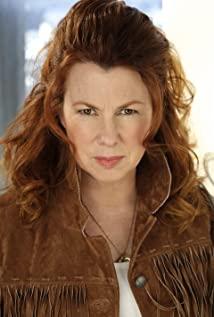The pinnacle of knowledge is belief. The supreme theme of art is also about faith.
The film "Dog Town" is a simplistic speculation on human life by characters such as directors borrowing certain themes from religion, mixed with personal selfishness. The film's theme has two glaring flaws: arrogance and evil. Conversely, some of the director's observations of human life may be correct in terms of what the film presents. I said "maybe" because I was touched by something about the film, and "correct" was my suspicion that some of the director's observations of human life might be true.
Films from European regions, such as Poland, Finland, Sweden, Denmark, often remind me of Dostoevsky. One of the best and ugliest features of Dostoyev's novels is that he always puts the protagonist in an extreme situation, or rather As a lover of "Job", Tuo often established a painful moral model with no way out for the protagonist. He placed a human being like a guinea pig in this terrible moral torture tool to see if he lived or died. This is arrogance. It is impossible for an ordinary person, a writer like Dostoevsky, the director of "Dogtown" to observe the whole and essence of human life, and it is even more dangerous to raise self-righteous observations to conclusions.
The conclusion of "Dogtown" seems to be revenge, unforgiveness, and revenge. The beginning and end of the movie don't match. In a lonely village and town in the United States, one day, a beautiful and gorgeously dressed woman named Grace entered the dog town to avoid disaster. Grace first contacted Tom, a fake writer in the village. Tom persuaded the villagers to agree to Grace's stay for vanity and carnal motives. Taking refuge in the village, Grace's past and the police's appearance in the town several times made the relationship between Grace and the villagers go through a process of low-high-low. Life fact, in the process Grace experienced the brief sunshine given to her by the villagers, and most of it was abuse, coercion, and being raped, and finally a dog leash to prevent her from escaping. The most important point is that Grace endures everything in the above process, so I think of Grace as a "Jesus"-like symbol. At the end of the film, Grace, the symbol of "Jesus", finally realizes that the residents of Dogtown are not worth living in the world after being reminded by her father, Grace ends the lives of the residents of Dogtown and the movie with power and gunfire.
The director of "Dog Town" used the artistic expression of the drama to establish a simple moral model on the ground. The heroine leads the audience through it. The heroine in the early and middle stages of the film is a Jesus-like kind person, and the heroine suddenly degenerates at the end of the film. Becoming a vengeful hero in an American film and slaying a traitor leaves the audience at a loss. They can only guess that the director suddenly remembered in the later stage of the film that it is a big deal to win the movie, and American-style violent films are more in line with the tastes of many people.
View more about Dogville reviews











